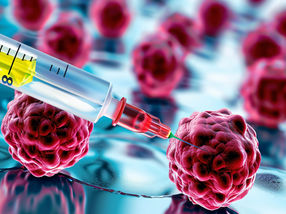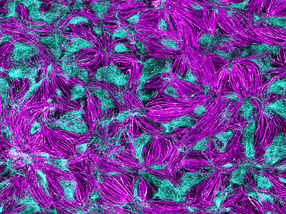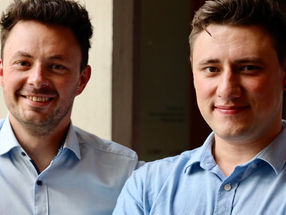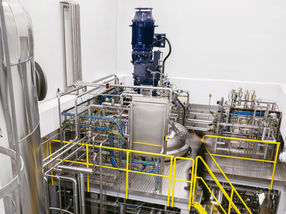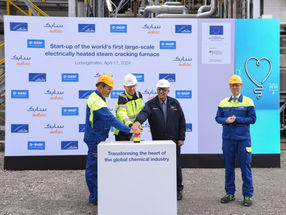BG Medicine and FDA to Conduct Biomarker Discovery Study to Improve Prediction of Human Liver Toxicity in Drug Development
Study to Provide Solutions to Primary Obstacles in the Development of New Pharmaceuticals
BG Medicine announced the submission of a Cooperative Research and Development Agreement (CRADA) with the Food and Drug Administration's National Center for Toxicological Research (NCTR), to conduct jointly a liver toxicity study designed to overcome one of the primary obstacles to the efficient development of safe and effective drugs. The Liver toxicology biomarker Study (LTBS) aims to discover biomarkers of human hepatotoxicity in the standard test used by pharmaceutical manufacturers in the initial stages of drug development.
Liver toxicity is the most common biological reason for drug failure in the development of new pharmaceuticals, affecting one in six drugs in development. The toxicity tests currently in use by drug companies have been unchanged for at least 40 years and often fail to identify human liver toxicity issues. Consequently, liver toxicity is often detected for the first time when drugs are in Phase 2 of clinical testing after tens of millions of dollars or more have been spent on a drug.
On March 16, 2004 the FDA released a report, "Innovation/Stagnation: Challenge and Opportunity on the Critical Path to New Medical Products," describing the "urgent need to modernize the medical product development process -- the Critical Path -- to make product development more predictable and less costly." The proposed project addresses the liver toxicity issue highlighted in the Critical Path document as one of the obvious and priority areas for innovation.
The CRADA process is a standard procedure for studies the FDA undertakes in collaboration with private companies. The liver toxicity study has been designed by BG Medicine and the FDA with input from a number of pharmaceutical companies. The study will be funded by and conducted in collaboration with pharmaceutical manufacturers.
The research project leverages NCTR's and BGM's systems biology platforms for functional genomics, proteomics, metabolomics and computational analysis.
The LTBS will be conducted at the FDA's NCTR laboratory in Jefferson, Arkansas and at BG Medicine in Waltham, Massachusetts. The study is open to participation by all pharmaceutical manufacturers. Participating companies will receive a paid-up perpetual license to any biomarkers discovered and access to all project data.
Topics
Organizations
Other news from the department research and development

Get the life science industry in your inbox
From now on, don't miss a thing: Our newsletter for biotechnology, pharma and life sciences brings you up to date every Tuesday and Thursday. The latest industry news, product highlights and innovations - compact and easy to understand in your inbox. Researched by us so you don't have to.

